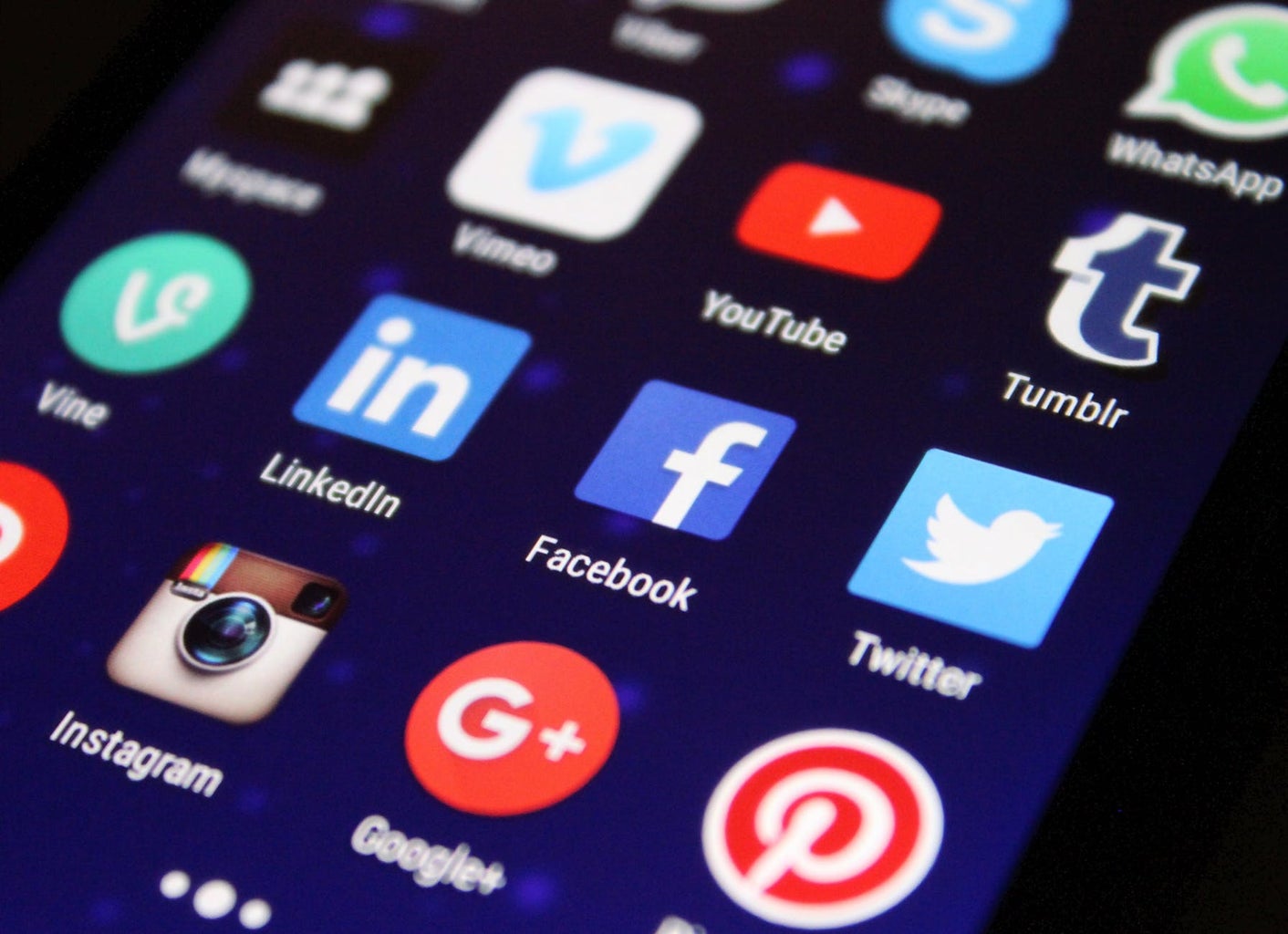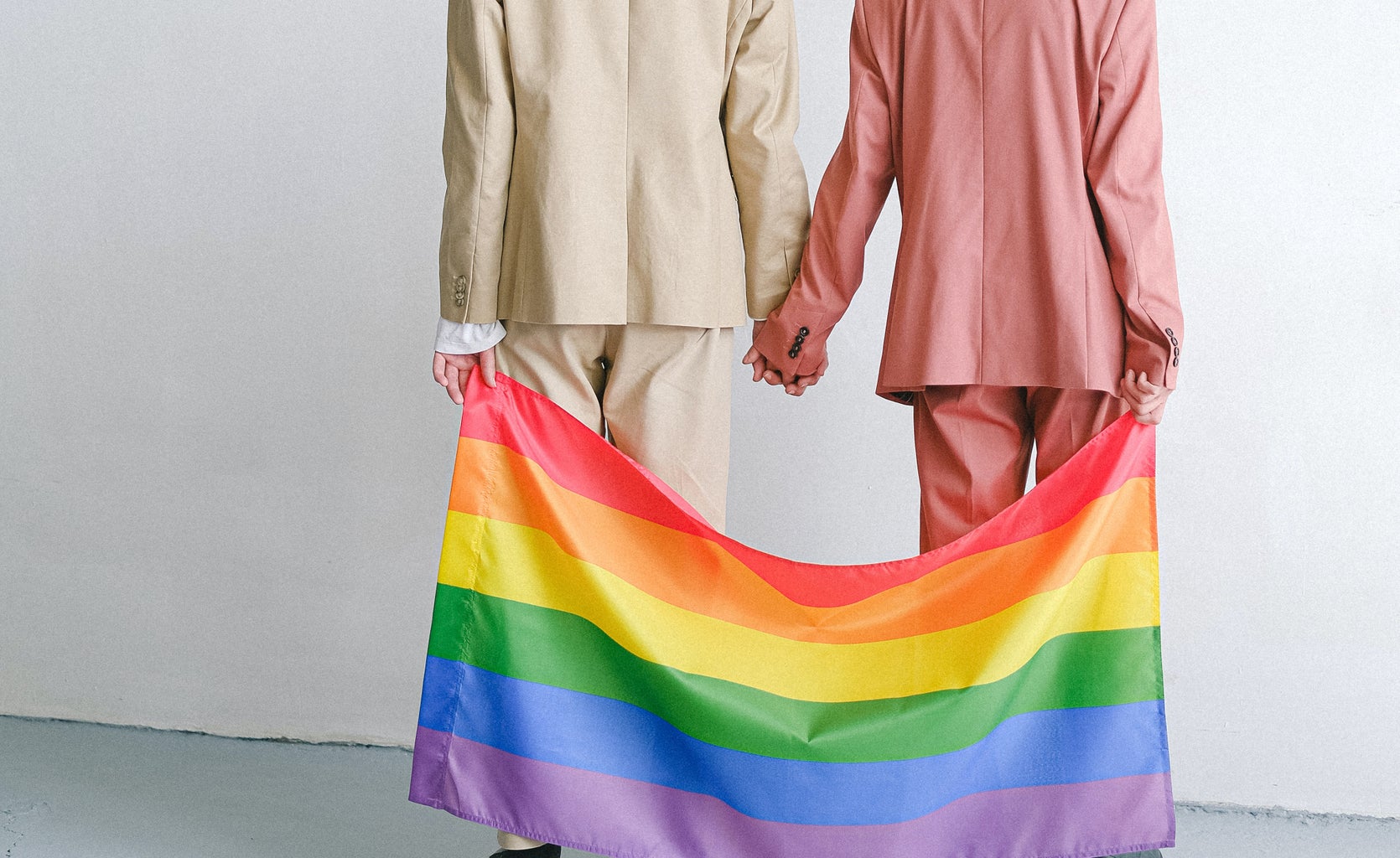Content Warning: Homophobia
It was a dark and stormy night. I’m kidding. It was actually 11 pm on a Wednesday and I was scrolling through my Twitter feed, procrastinating on writing a Canvas discussion post. Mid scroll, I came across a series of pictures with the caption, “Why is this dog so toxic?” and stopped.
What set this doe-eyed diva dachshund apart from pictures of other dogs was the content of its bold white captions. As a queer person, my response to this dog presumably saying “Let’s hope it’s just a phase,” surprised me.
Rather than offense and indignation, I was met with the sound of my own laughter and a tinge of guilt. But why?
To me, the idea of a cute dog captioned with homophobic remarks typically associated with bigoted humans is utterly absurd. It seems more camp than anything, far too clever for any straight person to come up with. The dog, herself, Whitney Chewston is owned by Ben Campbell and Logan Hickman, a gay couple who regularly post pictures of her under the Instagram account @whitney_chewston. Through this account, Chewston occupied her own corner of the Internet before the first iteration of the meme was posted on Instagram with the caption “Not too fond of gay people.” Within it, the dachshund is looking intently at the camera behind a wine glass that is comically large.
Around a year later, the meme took off in Twitter and Reddit circles. Hickman told Know Your Meme that “my initial reaction was that I thought it was funny. We knew that it was mainly LGBT people posting the memes.” While this reaction of laughter isn’t necessarily homogenous amongst the queer community, it does tie into a phenomenon of ironic homophobia, where it’s the oppression itself that is mocked rather than those who are oppressed.
This form of irony within the queer community is nothing new. In relation to gay male culture, queer theorist David M. Halperin argues that it is “to preempt others’ efforts to demean you, and it is to strike an ironic attitude toward your own suffering. It is to refuse the cultural dichotomy that treats the suffering of others as either tragic or (merely) pathetic, according to their degree of social prestige. It is to know one’s own hurt to be laughable, without ceasing to feel it—and to embrace inauthenticity as an ironic means of contesting other people’s claims to seriousness.”
In this way, ironic homophobia can be used by queer people as a way to cope with homophobia and other forms of queer oppression that are still prevalent in the world today. But my views on this meme don’t reflect the views of all queer people. When I asked people if they found this meme funny, I found that they had a myriad of differing opinions.
Queer UC Berkeley student, Mukt Kaur Sandhu, expressed that she found the meme funny with the caveat that, “it wouldn’t sit right with me if people that aren’t queer are the ones making and spreading these memes because then the meme moves from being ironic to being malicious.” Anonymity on the internet can make it hard to decipher between those acting in good faith from those acting in bad faith.
Memes such as the homophobic dog can give people the mask they need to spew bigoted speech under the guise of irony. But even so, in a world where the queer people are still targeted for existing, memes like these can be a way of taking some power back from microaggressions intended to hurt. It is important to remain vigilant but that doesn’t negate that poking fun at oppression through irony can be subversive fun.




